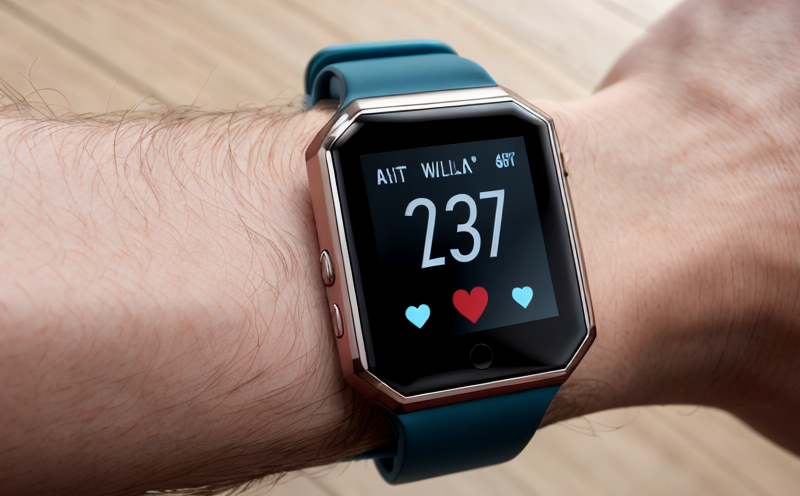IEC 60601-2-47 ECG Monitoring Wearable Device Testing
The International Electrotechnical Commission (IEC) Standard IEC 60601-2-47 specifies the essential requirements for safety and performance of electrical equipment in medical practice, including wearable devices with electrocardiogram (ECG) monitoring capabilities. This standard is crucial for ensuring that ECG wearables meet stringent safety and functionality criteria required by regulatory bodies worldwide.
The testing under IEC 60601-2-47 involves a comprehensive suite of tests designed to evaluate the safety, performance, and usability of ECG wearable devices. These devices are essential in modern healthcare, providing continuous monitoring of heart activity directly from the patient's skin through wearable sensors. The standard covers various aspects such as electrical safety, electromagnetic compatibility (EMC), emissions, immunity, and mechanical stability.
The testing process begins with a thorough review of the device’s design to ensure compliance with all relevant sections of IEC 60601-2-47. This includes checking for potential risks associated with the device's electrical components, ensuring that it does not cause harm through electric shock or fire hazards. Electrical safety tests are conducted to verify the integrity of insulation and protective barriers.
EMC testing is a critical component of IEC 60601-2-47 compliance. It ensures that the device operates correctly in its intended environment without causing unacceptable interference to other devices. This involves assessing emissions generated by the device as well as its immunity to external electromagnetic fields. Proper EMC performance prevents malfunctions and potential hazards, especially in environments where multiple medical devices are used simultaneously.
The mechanical stability tests assess how well the ECG wearable device can withstand various physical stresses such as shock, vibration, and thermal cycling. These tests ensure that the device remains functional even under adverse conditions, which is essential for maintaining patient safety during critical monitoring periods.
Performance testing focuses on verifying the accuracy and reliability of the ECG readings provided by the wearable device. This includes checking the precision of heart rate calculations,心endet





